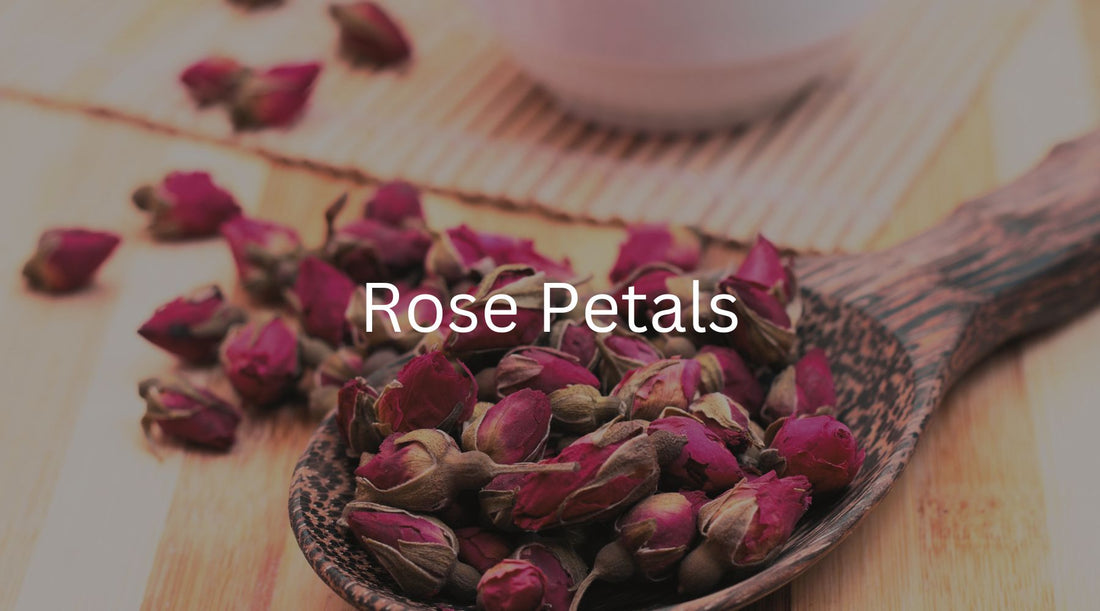Roses have a long-standing history as a cherished flower, celebrated in various forms of art and literature. Not only admired for their beauty, but roses also offer potential health benefits and are commonly used in different cultures, including Middle Eastern, Indian, and Chinese cuisine. Among the various uses of roses, rose tea has gained popularity in recent years.

What are the benefits of rose tea?
Dried rose petals used to prepare rose tea are rich in nutrients such as vitamin C, iron, calcium, vitamin A, and vitamin E. They are also abundant in phytonutrients, which possess antioxidant properties that may help prevent the formation of cancer cells and protect against cancer-related changes. Research suggests that including an adequate amount of phytochemicals in one's diet may reduce the risk of cancer by up to 40%.
Potential Health Benefits of Rose Tea
Immune System Support
Rose tea contains significant amounts of vitamin C, a crucial antioxidant that aids the body's healing process and its ability to fight off infections. Preliminary research suggests that rose tea may also alleviate flu-like symptoms such as coughing and congestion, although further studies are needed to determine its effects on the human immune system.
Lower Risk of Chronic Disease
The polyphenols present in rose petals act as antioxidants, safeguarding the body against cellular damage. Rose tea's polyphenols have shown potential in reducing the risk of chronic diseases such as heart disease, diabetes, obesity, and cognitive disorders.
Anti-Inflammatory Properties
Studies have indicated that powdered rose petals possess anti-inflammatory activity comparable to aspirin or ibuprofen. Rose tea may potentially aid in reducing pain caused by inflammation from physical injuries or conditions like arthritis. However, additional research is necessary to ascertain the extent of these anti-arthritic properties in humans. Given that chronic inflammation can contribute to weight gain, rose tea's anti-inflammatory effects may support its claimed benefits for weight loss.
Aids Digestion
Traditionally used to treat stomach issues, rose tea has been associated with improved digestion due to its potential to increase bile production in the liver. This enhanced bile production aids in easier digestion, prevents constipation, and enhances nutrient absorption.

While the potential benefits of rose and rose petals are many, remember that each unique person has a unique physiology. We all will have our own responses to herbs. In the ayurvedic tradition, allow your boy to find what it needs as you experiment with different herbs in different teas.
Options
For a great bedtime tea, or a tea for a moment of stress and anxiety, try our Cozy Chamomile. It’s formulated with powerful herbs to help with mental stress and is perfectly blended with rose petals.
Protect Your Health
When it comes to your health, there is nothing more important. Reach out to your health care provider before taking any herbs. The information provided here is for educational purposes only and is not intended to diagnose, treat, or cure anything. We wish you the best in your journey to health.
Citations

